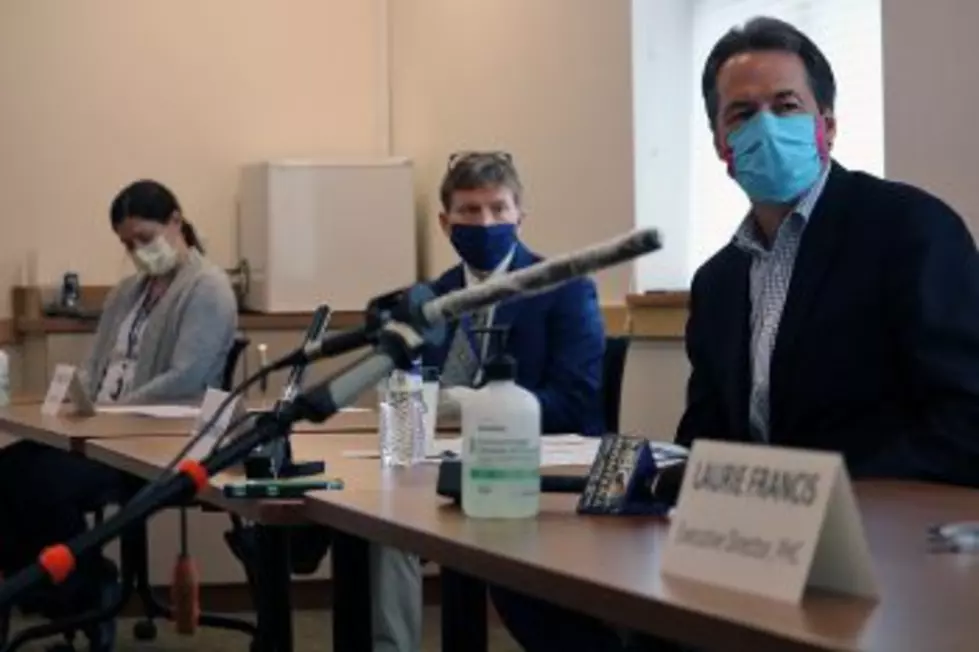
COVID spike prompts bed, worker shortage in Montana hospitals
Health professionals are asking the public to take COVID-19 precautions seriously because Montana is in a public health crisis.
On Thursday, Gov. Steve Bullock said Montana is dealing with a shortage of workers, especially registered nurses, and that’s only going to get worse if people don’t follow safety guidelines for dealing with COVID-19. That’s especially so on Montana’s Indian reservations, which currently need about 10 registered nurses.
“We already have strains on our healthcare workforce, and that will continue to grow with increasing hospitalizations in our critical care facilities and our smaller hospitals across the state. We recognize the pressure it’s putting on our healthcare workforce,” Bullock said. “We’ve worked to source healthcare workers with limited success to date, and we know the need will continue.”
Bullock said the unemployed and volunteer medical worker database has been exhausted, and he’s sent out a request for National Guard medical staff but has gotten no response. Three weeks ago, he sent a mutual-aid request out to other states but that hasn’t born fruit either.
Contributing to the problem, occasionally medical workers catch the disease and have to quarantine for 14 days. That takes them out of the workforce, further worsening the shortage, said Dr. Bridget Brennan, Benefis Health Chief Medical Officer in Great Falls.
“I’ll put it very simply: We are experiencing a public health crisis. The number of positive COVID cases are rising so quickly that it is threatening to overwhelm the healthcare resources here in the state,” Brennan said.
Benefis Health System is seeing an increase in the number of patients from not only the Great Falls Area but also patients transferred from other facilities where intensive care units were full.
To try to gain control of the situation, the chief medical officers for facilities across the state started having morning conference calls to share resources and patient loads.
According to the Wednesday Montana Hospital Capacity Status Report, hospital beds in Lewis and Clark, Butte-Silver Bow, Yellowstone and Custer counties are more than 95% occupied. Intensive care units and ventilators are also in short supply.
If the current trend continues and increasing numbers of people catch the virus, healthcare could be in dire straits.
Brennan said winter could make things worse, bringing other health problems like colds and the flu along with all the other health emergencies hospitals have to deal with. ICU’s won’t have beds, nor will the rest of the hospital units so everyone will be left in the emergency room areas. As hospitals fill, “it will gridlock the entire system,” Brennan said.
“The purpose of the stay-at-home orders and restrictive measures that were put into place has always been about keeping the virus from spreading too quickly so that people don’t get sick all at once and overwhelm the hospital resources.” Brennan said. “We can only do so much. We have to look to the public to slow the rate of spread of the virus.”
Contact reporter Laura Lundquist at lundquist@missoulacurrent.com
